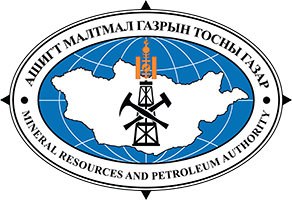Information about the crude oil market
Brent crude traded at $ 107.03-125.19 a barrel and WTI crude traded at $ 101.53-123.68 a barrel on the New York Mercantile Exchange last week.
The price of Brent crude oil was $ 113.31 per barrel as of 1:00 on July 05, 2022, and the price of WTI crude oil was $ 110.14 per barrel, compared to the previous week. Brent oil prices rose 2.18 percent and WTI oil fell 1.08 percent.
BRENT AND WTI OIL PRICE RESEARCH
(2022.01.01-2022.07.05)
Source: www.oilprice.com
Last week, India imposed a windfall tax on oil exporters and refiners in response to higher oil prices. This windfall tax went into effect on July 1st and considering that the country has announced that the tax will only be lifted when oil prices fall by $40 per barrel from current levels, it may be in place for a very long time.
Oil prices were little changed on Monday as supplies balanced out amid worries that a global economic slowdown from OPEC output cuts, unrest in Libya, and sanctions against Russia would weigh on demand.
Saudi Arabia has publicly reiterated its “warm” ties with Russia on several occasions since Putin invaded Ukraine and considers keeping Russia in the OPEC+ alliance an important part of its oil policy. With Russia leading a dozen non-OPEC producers in the pact, Saudi Arabia has more sway over global oil markets with the larger OPEC+ group than with OPEC alone.
U.S. President Joe Biden has called on Saudi Arabia and other Gulf producers to increase their oil output to help stabilise prices, which have surged as a result of a strong rebound in consumption after the pandemic and now sanctions on Russia.
But Saudi Arabia and the other Gulf Cooperation Council (GCC) members probably do not have much spare capacity to raise output by a significant amount for more than a few months.
Under the OPEC+ production agreement, Saudi Arabia is already scheduled to increase output to 11.0 million barrels per day (bpd) in August.
2022-07-06
